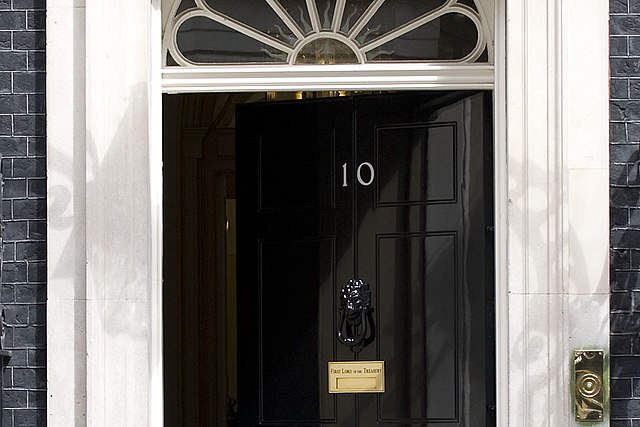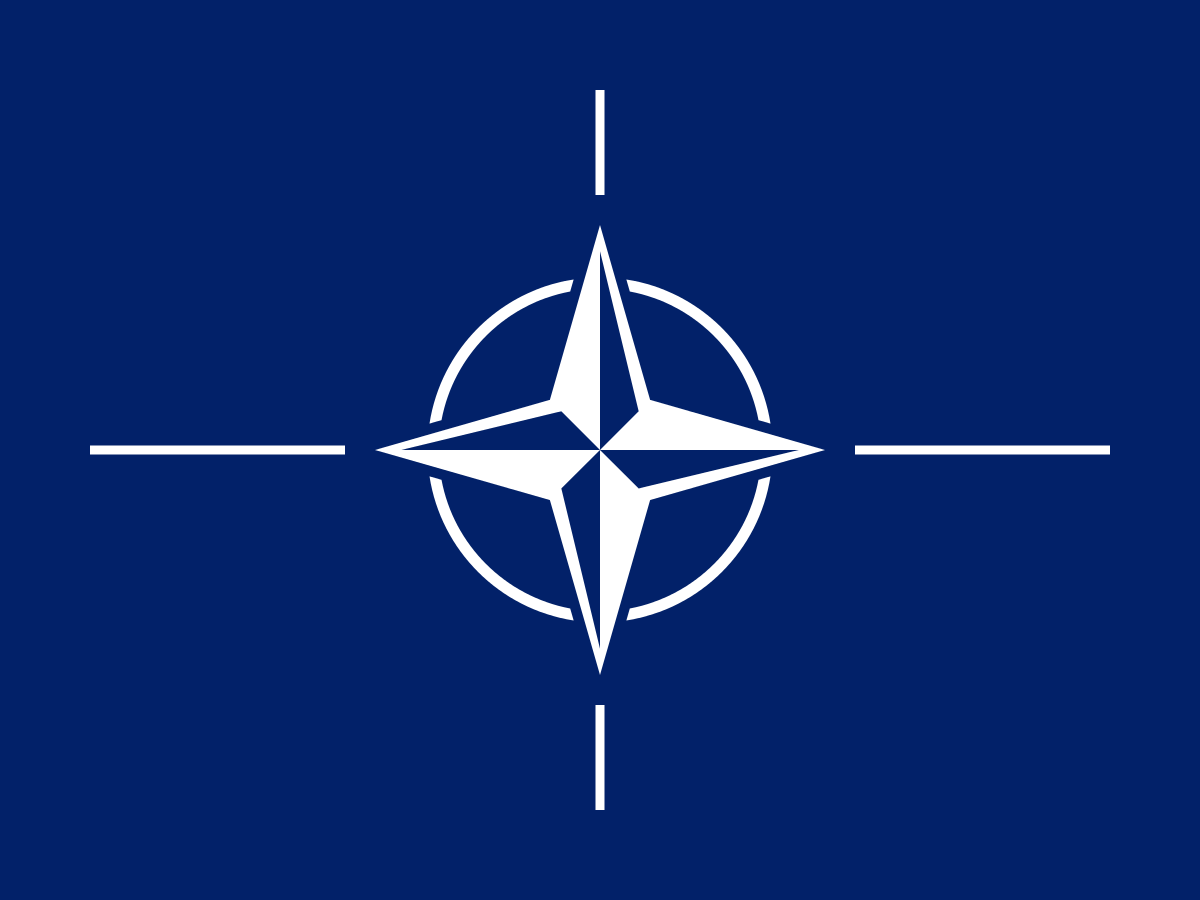LONDON, UNITED KINGDOM – Late last week, Boris Johnson stepped down as U.K. prime minister and leader of the Conservative Party after a slew of government resignations and pushback from his Cabinet. This marks even more political upheaval in the United Kingdom and within the Conservative Party since the Brexit referendum in 2016 that led to the country’s exit from the European Union.
Johnson was a prominent champion for the Vote Leave campaign and has played a critical role in Brexit negotiations both as the foreign secretary under Theresa May’s government and as prime minister. However, Brexit-related challenges and Johnson’s own notoriety have seriously undermined the Conservative Party and the government.
The resignation is the culmination of months of crisis for Johnson’s government. Recent revelations, beginning with reports of top British political figures, including Johnson himself, attending parties in violation of COVID-19 lockdown protocols, and later, the government’s mismanagement of abuse allegations by Conservative MPs, have made it difficult to retain political will.
However, what raised alarm bells and eventually prompted Johnson’s decision were a series of high-profile resignations, beginning with Chancellor of the Exchequer Rishi Sunak and Health Secretary Sajid Javid on July 5 and followed by exits across all ranks of Johnson’s government. The following evening, a delegation of senior ministers visited the prime minister to convey that the Conservative Party had lost confidence in his leadership and called for him to step down.
Johnson voiced this sentiment in his announcement on the morning of July 7: “It is clearly now the will of the parliamentary Conservative party that there should be a new leader of that party and therefore a new prime minister.”
He said that he intends to serve until a new leader is in place on September 5. Yet, the door to 10 Downing Street has been re-opened, and the question looms: Who will be the next U.K. prime minister?
The Candidates
Last night, the Conservative Party announced the eight candidates who will compete to replace Boris Johnson as prime minister and leader of the Conservative Party.
The leading contenders include former Chancellor of the Exchequer Rishi Sunak, whose resignation sparked last week’s political drama; trade policy minister Penny Mordaunt, who served as the U.K.’s first female defense secretary and Foreign Secretary Liz Truss.
Other possibilities are Conservative lawmaker Tom Tugendhat; former Health Secretary Jeremy Hunt, newly appointed Chancellor Nadhim Zahawi; Attorney General Suella Braverman and former Minister for Equalities Kemi Badenoch.
Defense Secretary Ben Wallace and former Health Secretary Sajid Javid, who resigned along with Sunak, had both expressed interest in the nomination but ultimately decided to withdraw themselves from consideration.
The frontrunners in the race are Sunak, Mordaunt and Truss, who have remained relatively unscathed from controversy or have strongly opposed Johnson’s government.
Rishi Sunak
Had it not been for reports earlier this year of Sunak’s wife’s non-domiciled tax status and that he held a U.S. green card while a minister, the former chancellor was the favorite to succeed Johnson — due to his steady performance during the COVID-19 pandemic managing the country’s economic and financial policy. After former prime minister May’s resignation in 2019, Sunak supported Johnson’s campaign, but the tides have evidently turned, given his critical role in the revolt against Johnson. His resignation last Tuesday has pushed him further in the spotlight, carving a clear place for him in the upcoming prime minister’s race. Given his track record, in his bid, Sunak will push for fiscal responsibility, cutting taxes and shrinking the state.
Penny Mordaunt
Another favorite, trade minister Mordaunt has long been a critic of the former prime minister. In last month’s confidence vote, Mordaunt declined to say whether she backed Johnson but stated: “I didn’t choose this prime minister.” Although a key supporter of the Brexit referendum, she is also a member of the One Nation caucus, representing liberal Conservative MPs. Coupled with her “anti-Johnson stance,” Mordaunt’s moderate stance has seen her rise in recent years. Despite being a junior minister outside the cabinet, she leads the latest poll from the Conservative Home website asking party members who they want as the next prime minister. Those close to Mordaunt have indicated that in her pitch, “[s]he will talk up being pro-Brexit, advocating Global Britain and social liberalism.”
Liz Truss
The foreign secretary has been eyeing Conservative Party leadership since becoming international trade secretary in 2019. A political veteran, having served in a wide range of cabinet roles, she has been the subject of recent praise for her handling of the war in Ukraine and her relatively hard-line stance on Brexit. Although she backed Remain in the 2016 referendum, Truss has become one of the staunchest defenders of Brexit, which has positively impacted her bid for power. Echoing the leadership style of former prime minister Margaret Thatcher, she will focus on libertarian ideals, or “Thatcherism on steroids,” as described by one official.
What’s To Come
This is not a general election; the decision does not lie with the people of the United Kingdom. However, the country and the world will watch as contenders are “whittled down” by Conservative lawmakers through a series of secret ballot votes until two finalists remain. Then, the final decision on September 5 is made by due-paying Conservative party members, who, despite their growth in recent years, constitute less than 0.3% of the population. In the meantime, candidates will hold their “hustings” or campaign events and do whatever else it takes to become the next leader of the United Kingdom.







